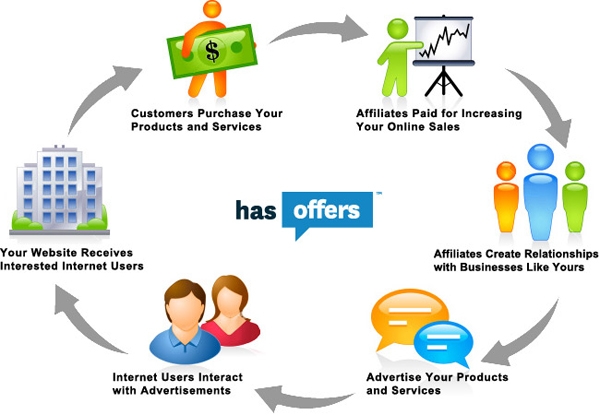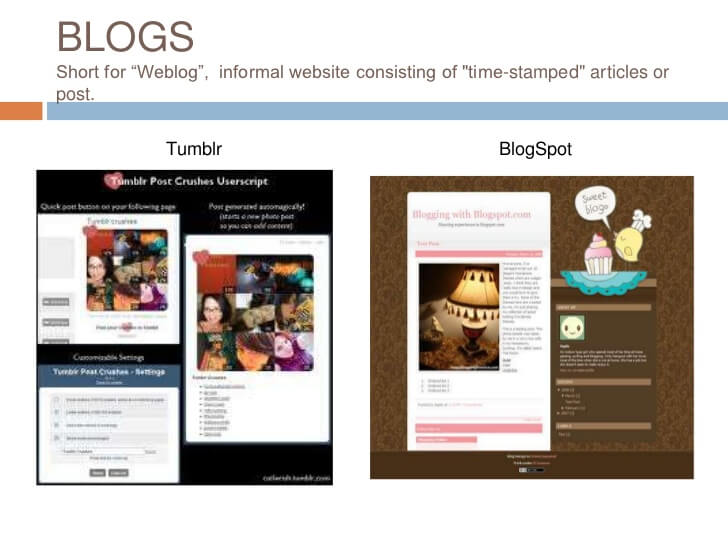In the ever-evolving world of digital marketing, mastering Facebook Pixel is akin to discovering a treasure trove of data that can significantly boost your marketing efforts. This guide aims to transform beginners with little to no knowledge into skilled navigators of the Facebook Pixel, offering insights and strategies to optimize their online marketing campaigns.
By the end of this article, you will be equipped with a profound understanding of Facebook Pixel implementation and optimization techniques.
Understanding Facebook Pixel
What is Facebook Pixel?
Facebook Pixel is a powerful analytics tool designed by Facebook. It’s a snippet of code that, when implemented on your website, enables you to track visitor activity. This data is instrumental in understanding how users interact with your site after viewing your Facebook ads.
Why is Facebook Pixel Essential?
Conversion Tracking: It helps in tracking how users interact with your website after viewing your ads.
Remarketing: You can target your ads to people who have visited your site.
Custom Audiences: Create audiences based on site traffic for tailored advertising.
Performance Measurement: Assess how your ads are performing and how you can improve them.
Step-by-Step Guide to Facebook Pixel Implementation
Step 1: Create a Facebook Pixel
Go to your Facebook Events Manager.
Click on the ‘Pixels’ tab and then on ‘Create a Pixel’.
Enter a name for your Pixel and your website URL.
Click ‘Continue’ to create your Pixel.
Step 2: Add Pixel to Your Website
Manually Add Pixel Code to Website:
Copy the Pixel base code and paste it into the header of your website.
Use a Tag Manager:
If you’re using Google Tag Manager, select it as an option and follow the instructions.
Integration or Tag Manager for CMS:
If you have a CMS like WordPress, use a plugin or the built-in integration.
Step 3: Verify Pixel Installation
Use Facebook Pixel Helper, a Chrome extension, to confirm if the Pixel is working correctly.
Understanding and Setting Up Events
Events are actions that visitors take on your website. There are Standard Events predefined by Facebook, like ‘Add to Cart’ or ‘Purchase’. Custom Events can also be created for specific actions unique to your site.
Setting Up Standard Events
Choose a standard event.
Implement the event code on the respective page of your website.
Creating Custom Events
Define the action you want to track.
Add the custom event code to your website where the action occurs.
Advanced Tactics: Optimization Strategies
Audience Segmentation: Segment your audience based on their interaction with your site. This enables targeted and efficient advertising.
Conversion Optimization: Use Pixel data to optimize for conversions. Adjust your ads based on the actions users take on your site.
Lookalike Audiences: Create lookalike audiences to reach new people who are similar to your best customers.
A/B Testing: Test different versions of your ads to see which performs better with your audience.
Retargeting Campaigns: Implement retargeting campaigns to reach people who have previously interacted with your site.
Measuring and Analyzing Data: Regularly analyze the data collected by Facebook Pixel. This will help in understanding the effectiveness of your ads and where you can improve.
Utilizing Facebook Analytics
Overview: Get a high-level view of your Pixel data.
Funnels: Analyze how customers move through a conversion funnel.
Cohorts: Study the behavior of groups of people over time.
Segments: Examine the actions of specific segments of your audience.
Mastering Facebook Pixel is not an overnight journey. It requires patience, experimentation, and a continuous learning mindset. By following this guide, you are on the right path to leveraging Facebook Pixel for your marketing success.
As you grow more comfortable with the basics, delve deeper into advanced tactics to further enhance your digital marketing strategies.
Remember, the digital world is dynamic, and so are the tools and strategies that come with it. Keep yourself updated with the latest trends and changes in Facebook Pixel usage.
Advanced Insights and Real-World Use Cases of Facebook Pixel
Continuing our journey into the depths of Facebook Pixel, let’s explore more intricate details and real-world applications. These insights will help you grasp the practical utility of Facebook Pixel in various scenarios, moving beyond theory into the realm of applied digital marketing strategies.
In-Depth Data Analysis with Facebook Pixel
Advanced Event Tracking
Dynamic Event Tracking: Implementing dynamic events like ‘time spent on page’ or ‘scroll depth’ can provide insights into user engagement. For instance, a high ‘time spent’ on a product page can indicate strong interest, guiding you to retarget such users with specific product ads.
Value-Based Tracking: Track the value of specific actions. For example, tracking the average order value in ‘Purchase’ events can help you understand which products are driving the highest revenue.
Enhanced E-commerce Tracking
For e-commerce websites, Pixel can track detailed user interactions, from viewing products to final purchases. This data is crucial for understanding the customer journey and identifying drop-off points.
Real-World Use Cases
Case Study 1: Boosting E-commerce Sales
Situation: An online clothing retailer noticed a high cart abandonment rate.
Action: They used Facebook Pixel to track ‘Add to Cart’ events and implemented a retargeting campaign for users who didn’t complete their purchases.
Result: The campaign resulted in a 30% decrease in cart abandonment and a significant increase in sales.
Case Study 2: Enhancing Event Registrations
Situation: A local event organizer was struggling to increase attendance at their workshops.
Action: They tracked ‘View Content’ events on their workshop pages and created a lookalike audience to target similar users.
Result: This approach led to a 25% increase in event registrations, reaching a more relevant audience.
Advanced Optimization Strategies
Predictive Analytics: Using Facebook Pixel data, you can predict future trends and user behaviors. For example, identifying which products are likely to become popular based on current user interactions can guide inventory and marketing decisions.
Custom Conversion Paths: Create custom conversion paths for different user segments. For example, for users who tend to watch video content, set up a conversion path that starts with a video ad and leads to a landing page optimized for video engagement.
Multi-Channel Attribution: Understand how your Facebook ads interact with other marketing channels. By analyzing Pixel data alongside data from other sources, you can get a comprehensive view of your marketing effectiveness across channels.
Advanced Reporting and Insights
Cohort Analysis: Perform cohort analysis to understand how different groups of users behave over time. This can reveal insights into long-term customer value and retention.
Funnel Visualization: Use Pixel data to visualize conversion funnels. Identify where users drop off and optimize those stages for better conversion rates.
Advanced Segmentation: Segment your audience based on a combination of behaviors, such as users who viewed a product but didn’t add to cart, to create highly targeted retargeting campaigns.
The Facebook Pixel is a dynamic and powerful tool that, when used to its full potential, can significantly enhance your digital marketing strategies. By understanding advanced tactics and learning from real-world use cases, you can tailor your approach to meet specific business goals and adapt to the changing digital landscape.
Remember, the key to success with Facebook Pixel lies in continuous testing, learning, and adapting to the insights gleaned from your data. Keep exploring, experimenting, and refining your strategies to stay ahead in the digital marketing game.








